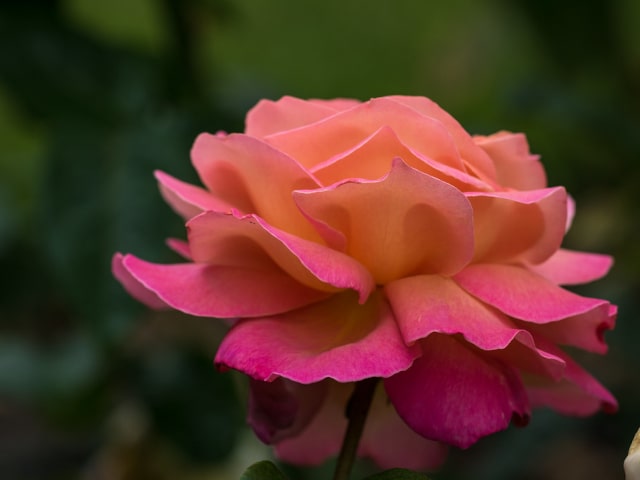
Roses are gorgeous flowering plants that can brighten any garden. They are famous for their beautiful blooms and scent. It is true that Roses are among the most common garden plants that people grow in their homes all around the world.
These bushes are mainly grown for their beautiful flowers. If you have a Rose, chances are that it is so you can enjoy its flowers. A Rose bush is not particularly attractive without its blooms. Because of this, it can be very frustrating to have your Rose plant not blooming.
Why is Rose Plant Not Blooming?
Roses are nice bushes that can also be used as foliage plants, but if you don't get flowers, you will probably want to do something about it. It can be very disheartening to discover that the Rose bush you care for so much, is refusing to bloom.
There are in fact many different reasons for a Rose plant not blooming. Some are common among flowering plants in general, while others affect roses more often than other flowering bushes.
If your Rose bush is not blooming, it is important to identify the problem so you can do something about it. The good news is that there is something to be done in most of the cases, so chances are that you will be able to make your Rose produce flowers. However, keep in mind that it might be a combination of factors, so do try different things if one solution doesn't rectify the problem.
Rose Plant Not Blooming: Common Problems
Keep in mind that flowering plants, including flowering bushes, need to be thriving in order to produce flowers. Rose plant not blooming often means that it doesn't have optimal conditions and it doesn't have enough energy to allocate into producing flowers.
Here are some common problems that can result in your Rose plant not blooming:
Bad Fertilizing Regime
Bad fertilizing regime is a common issue that leads to a Rose plant not blooming. This is not a problem for Roses only: most flowering plants can be affected with a wrong type of fertilizer.
Fertilizer full of nitrogen will make your plant healthy, and it will encourage the green leafy growth. However, it will diminish the growth of flowers. In many cases, too much nitrogen will result in your Rose plant not blooming at all.
The solution to this issue is simple: do not use any fertilizer that is nitrogen-heavy. Make sure to use more balanced feeding for your plants. Also, make sure that the soil itself is not full of nitrogen, since that could also contribute to the problem.
Inadequate Sunlight
Roses will not bloom if there is not enough sunlight. While the plant itself can survive in some shade, it needs enough sun to produce flowers. If this is the issue, you should do everything you can to give your Roses more light.
Prune any overgrown trees and shrubs that may be making a shade for your Roses, or those that are surrounding Rose bushes. If this doesn't help, you may try to move your Rose plants to a completely new spot, the one that receives enough sunlight.
Disease and Pests
Disease and pests can stress your Rose, and a stressed plant cannot produce flowers. There are some diseases that particularly affect flower production, such as Black spot, which causes fewer blooms to form. Another disease is botrytis blight, when the buds may fail to open. Also, a plant suffering from powdery mildew will have buds forming, but they often won't open.
When pests are present, the buds will form, but they might not open. Aphids are particularly responsible for distorted blossoms, and Japanese beetles like to feed on the buds, preventing them from opening.
If you notice signs of diseases and pests, it is important to act quickly with a medication so you can make your rose strong and healthy again.
Rose Plant Not Blooming: Specific Issues
Unlike problems that are common for other plants, too, there are some specific issues that affect Rose bush bloom production. Make sure to check these, too, if your Rose refuses to produce flowers.
Blind Shoots
Blind shoots are stems on the Rose bush that form without any buds. These shoots will typically be strong and healthy, but no matter how long they grow, they will not produce buds. Without buds, you cannot have flowers.
Blind shoots are not a rarity: all Rose bushes will probably have a few. These few blind shoots are not so much of a problem, because the rest of the plant will produce flowers, but what if the majority of the bush is like that?
The best way to remedy this problem is to simply to cut the head off of any blind shoot. Make sure to use sterile scissors or a knife, and to cut above a five-leaf leaflet. This can help rejuvenate your plant and discourage further blind shoots forming on that place.
Inadequate Pruning
Pruning should be done carefully, because it can affect your Rose's production of flowers. Pruning too much and too often can be dangerous, but so is pruning too little or waiting too long to prune your plant.
Some varieties of Roses can take a lot of pruning, while others are more sensitive. This is why you always need to be careful. Never prune your Rose bush too early in the spring: this might cause the removal of the wood where new buds were supposed to form. In general, a plant can recover in a year, but you will need to accept one flowering season with your Rose plant not blooming.
It is important to never wait too long to prune your Rose. Rose bushes need to be pruned every year to produce an abundant number of blooms. Also, keep in mind that some roses develop flowers only on the new wood and never on the old wood. When you prune your plant, it will shoot new canes to replace the ones you removed. So, if you don't prune regularly, your Rose bush will not produce new wood. If the variety is the one that grow blooms from the new wood, not pruning regularly will reduce the number of flowers that the plant can produce.
Photo credit: Susanne Nilsson
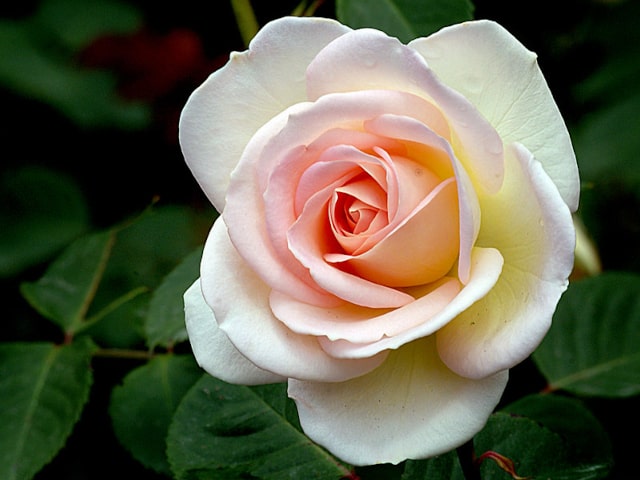
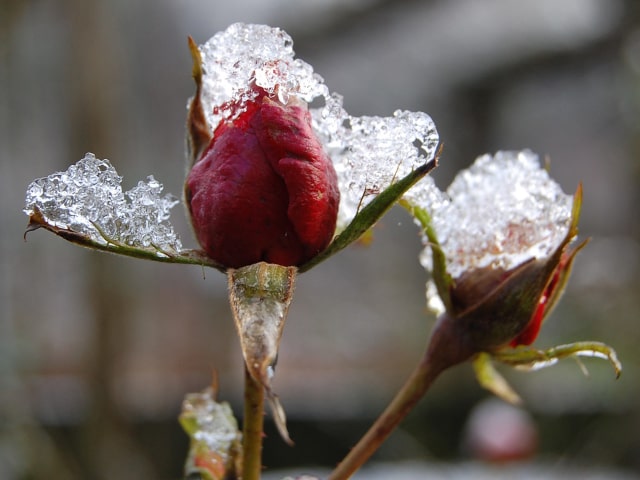
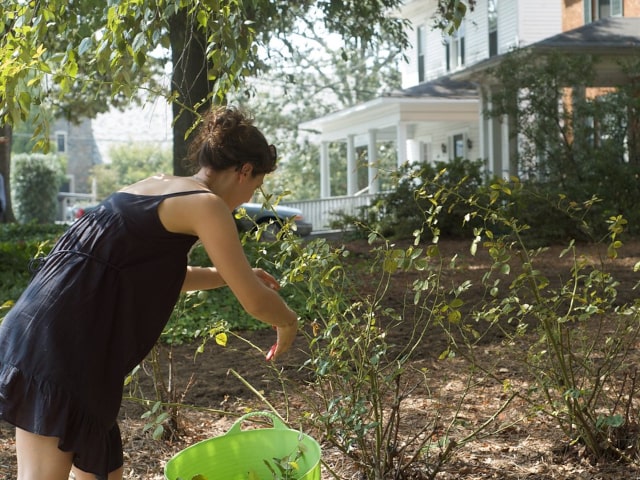
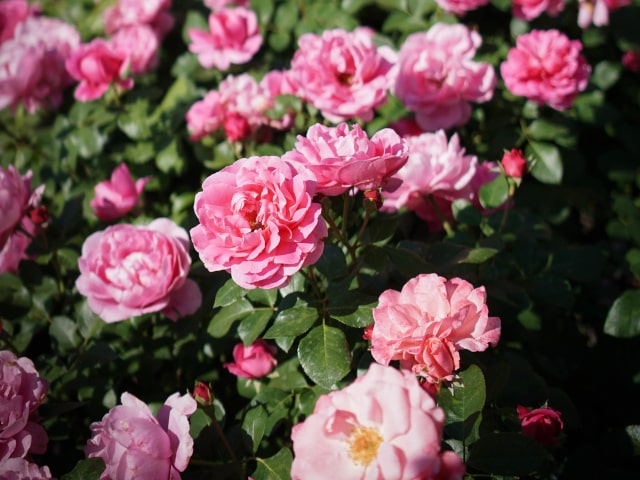
0 Comments